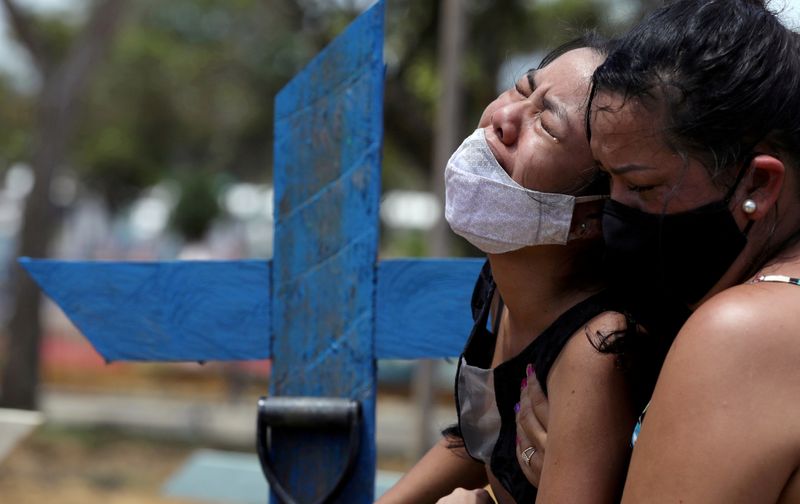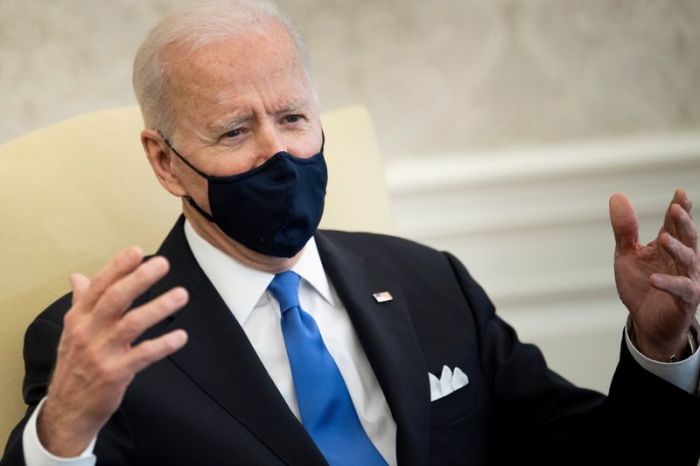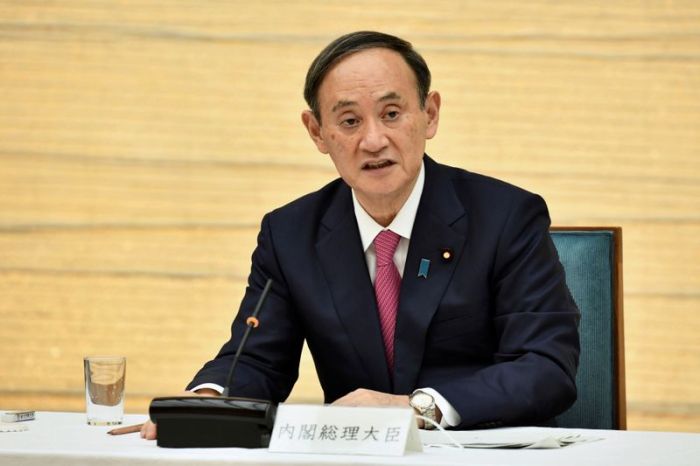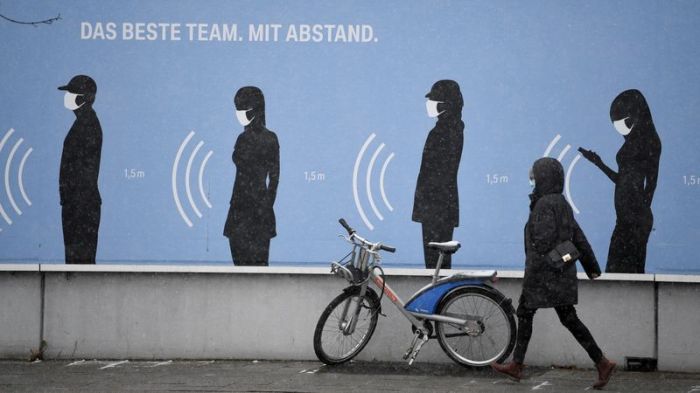BRASILIA (Reuters) – COVID-19 vaccines are helping reduce infections in North America but in Latin America vaccinations have hardly begun, fuelling the risk of new variants emerging that could endanger everyone, the Pan American Health Organization (PAHO) said on Wednesday.
“As long as COVID-19 endures in one part of the world, the rest of the world can never be safe,” PAHO director Carissa Etienne said in a briefing on the pandemic in the Americas.
This week, Colombia was the first country to receive a lot of Pfizer vaccines under the COVAX facility led by the World Health Organization and the GAVI coalition aimed at equitable access to the limited number of shots.
Peru is expected to get COVAX vaccines next week, followed by El Salvador and Bolivia, PAHO said.
Infections continue to drop across most of South America, but the northern Amazon basin region is facing a surge in COVID-19 that demands a swift response, the WHO’s regional branch said.
Etienne said Amazonian states of Loreto, Peru and Amazonas in Colombia and Acre in Brazil are seeing the highest rates of infection and critical intensive care occupancy in hospitals.
Brazil has been put on alert by the number of states that have overburdened hospitals due to a second wave of the pandemic that began in the Amazon region and is complicated by new variants of the virus, according to PAHO.
The world will continue to face a shortage of vaccines for much of 2021 and the amounts that are available are not being distributed equitably, PAHO said.
The disparity of the rollout in the Americas is a self-defeating strategy, Etienne said.
“Wealthy countries are rolling out vaccines, while many nations have yet to receive a single dose,” she said.
“The longer we allow the virus to spread, the greater the risk that more dangerous variants emerge, which could complicate control efforts.”
(Reporting by Anthony Boadle; Editing by Chizu Nomiyama and Sonya Hepinstall)


















